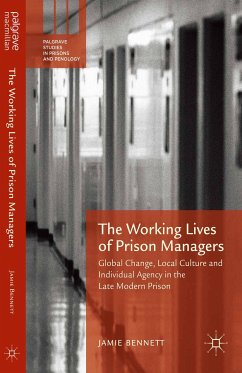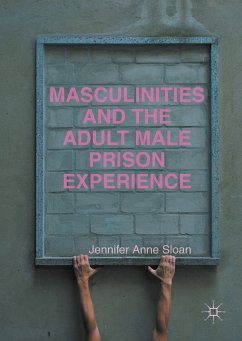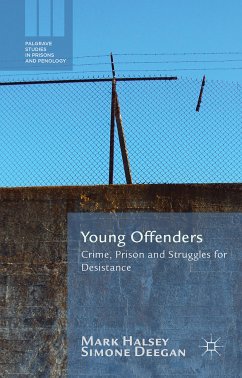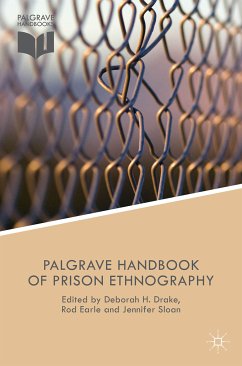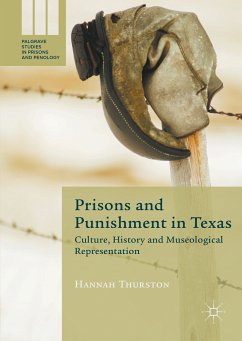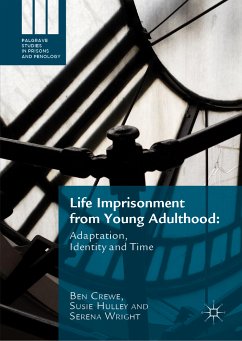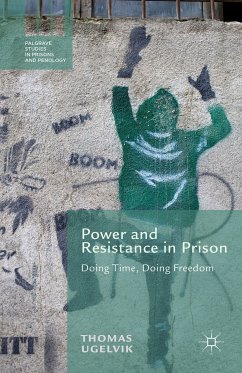
Power and Resistance in Prison (eBook, PDF)
Doing Time, Doing Freedom
Versandkostenfrei!
Sofort per Download lieferbar
80,95 €
inkl. MwSt.
Weitere Ausgaben:

PAYBACK Punkte
40 °P sammeln!
This book explores how prisoners turn themselves into active opponents of the prison regime, and thus reclaim their freedom and manhood. Using extensive ethnographic fieldwork from Norway's largest prison, Ugelvik provides a compelling analysis of the relationship between power, practices of resistance and prisoner subjectivity.
Dieser Download kann aus rechtlichen Gründen nur mit Rechnungsadresse in A, B, BG, CY, CZ, D, DK, EW, E, FIN, F, GR, HR, H, IRL, I, LT, L, LR, M, NL, PL, P, R, S, SLO, SK ausgeliefert werden.




